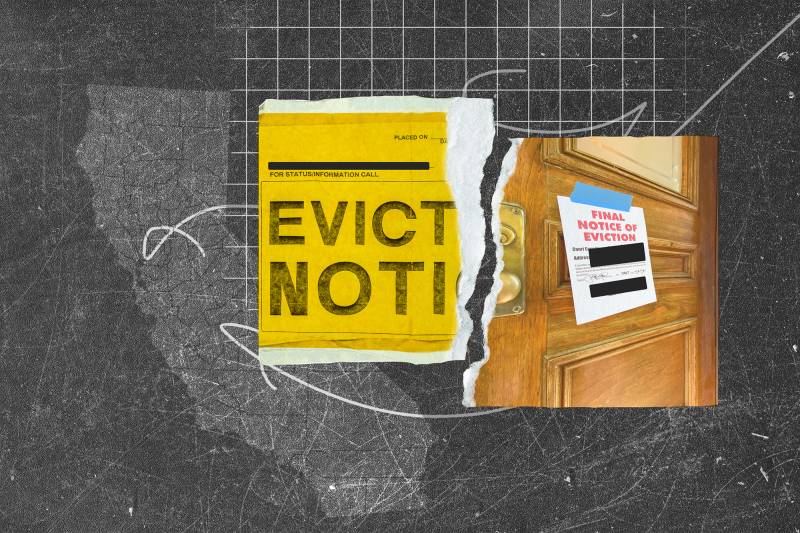
Old Palo Alto Defines Old World Charm, Elegance, and Wealth
Wealthy individuals, famous high-tech entrepreneurs, worldly investors and knowledgeable property collectors all know that Old Palo Alto is one of the most desirable neighborhoods

Wealthy individuals, famous high-tech entrepreneurs, worldly investors and knowledgeable property collectors all know that Old Palo Alto is one of the most desirable neighborhoods

Once you have made the decision to give up control of your rentals or investment property you need to hire a professional to manage it

Wouldn’t you expect a name like Professorville to be something out of a Hollywood movie? Well Professorville Palo Alto could very well be in a

Located just east of Stanford University and south of El Camino Real, Palo Alto’s College Terrace Investment neighborhood is an eclectic, vibrant, and charming enclave

Are you surprised both small and large Chinese investors and builders are looking to build in the United States? You shouldn’t be. It is well

The last several years have shown the tremendous effect of Chinese investors on the Silicon Valley real estate market. The influx of Chinese investment in

California imposes very specific requirements on contractors who draft, prepare, and submit home improvement contracts to consumers. If a contractor fails to meet the minimum

“Fiduciary Duty” is basically defined by Black’s Law Dictionary as a term derived from Roman law which means, as a noun, a person or legal

Your tenant failed to pay rent. You have heard that things are not going very well for them, but now it is apparent. As a

Go Green with Your Investment Property for Maximum Return On Investment (ROI)
Partnering with Esquire Property Management Group allows owners to have peace of mind knowing their assets and properties are being evaluated on a daily basis for efficiency, appearance, and productivity.
© ESQUIRE PROPERTY MANAGEMENT GROUP All Rights Reserved
Privacy Policy